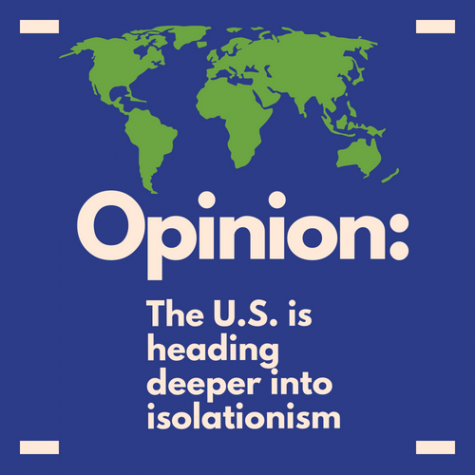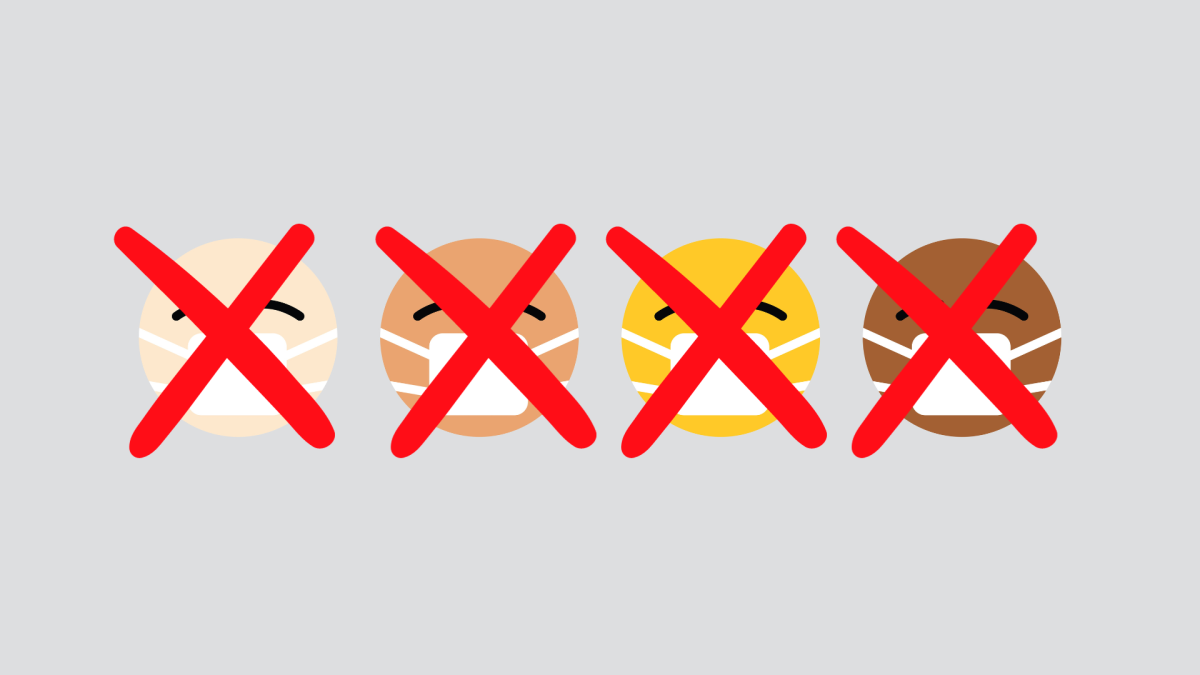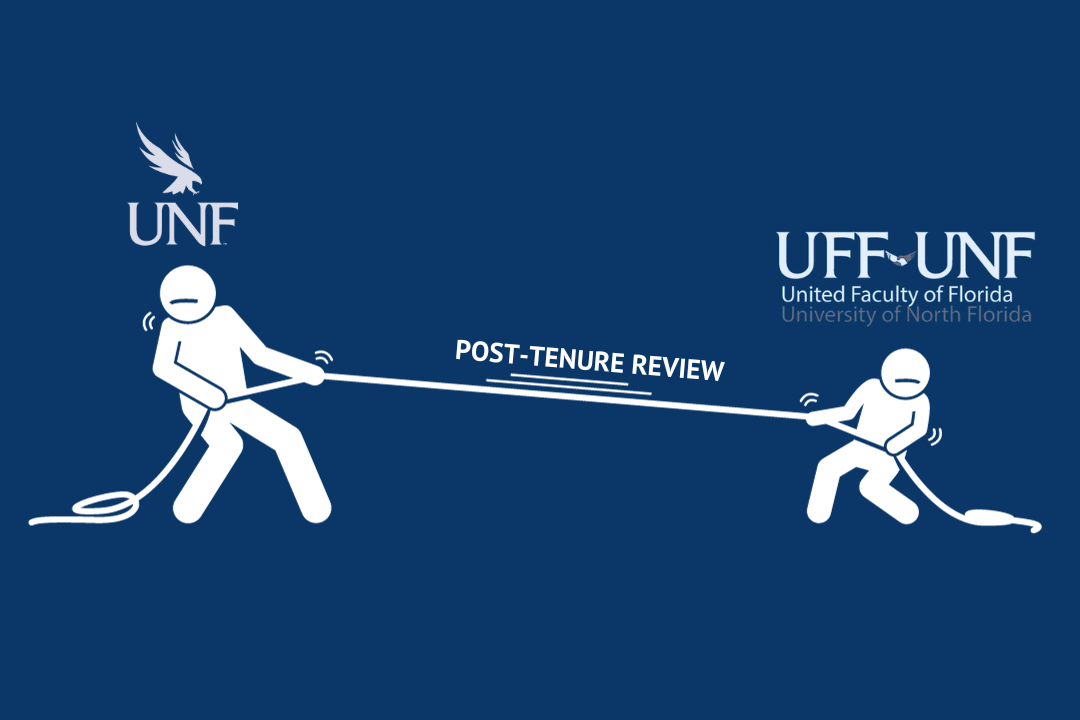
The United States of America has decided to withdraw from the United Nations’ Human Rights Council (UNHCR) as of Tuesday, June 19. It is the only country to have voluntarily withdrawn itself and it joins Eritrea, Iran and North Korea as countries unwilling to participate in the Council’s affairs. To many, this move was inevitable and unsurprising due to the current political climate of this administration. Let’s understand the history of this current approach, its meanings and its possible consequences.
What is this approach that we have been witnessing recently? Well, the current administration seems to have a “realist” approach to world affairs with an intention of becoming more isolated from certain interventions.
To be a realist country means to function under the belief that no other country should be trusted because everyone is looking out for their own best interests. On the other hand, to be a liberal country means to believe in international cooperation between governments through institutions and fostering mutual development.
Until recently, the U.S. has had both approaches simultaneously in different situations, but rarely ever took an extreme stance.
As of lately, the activities of the U.S. government has been isolationist to an extreme that is worrying everyone in and out of international affairs. Within the last year, the U.S. has officially withdrawn from the U.N. Migrant and Refugee Compact, the Paris Climate Change Agreement, and the U.N. Educational, Scientific and Cultural Organization. As of June 11, 2018, this year, President Donald Trump has spoken and acted against U.S. allies at the G7 Summit, and now, he has pulled out from the U.N. Human Rights Council.
In world politics, the U.S. has been known to always harbor an exceptionalist (or unique) attitude towards international affairs. The country firmly believes in its ability to do things without any external policing force involved. Despite being a self-proclaimed human rights defender, the U.S. hesitates to join international human rights institutions and even outright refuses to enact agreements through Congress. It has never ratified the Universal Declaration of Human Rights, the Convention on the Rights of the Child or the Rome Statute giving the International Criminal Court.
In regard to withdrawals of both USHRC and UNESCO, bias against Israel was stated as a reason; in other cases, it was a concern for sovereignty. This is a recurring pattern that shows the U.S. incapability or unwillingness to be held accountable for human rights violations.
On that note, calling out the UNHRC as a “hypocritical and self-serving organization that makes a mockery of human rights,” as U.S. Ambassador to the United Nations Nikki Haley has done, is a bit paradoxical because it displays the U.S. as being partisan and only participating in international affairs if it gets its way across the board.
Calling out other countries’ atrocities as an excuse to neglect your ally’s wrongdoings is incredibly hypocritical— it’s also interesting to note that another U.S. ally, Saudi Arabia, was called out. If both Israel and Saudi Arabia commit human rights violations, why not be the lead to call out both countries?
Regardless of allyship, if a country is being seen as a violator, the international community should come together for condemnation. The Israeli-Palestinian conflict seems touchy for many, but no one can ignore the illegalities of the Israeli government’s actions, such as detaining political dissenters, killing peaceful protests as well as nurses and doctors, building illegal settlements in Palestinian land, and more. It is not a bias so much as it is a legitimate concern about the current activities.
The U.S. government should understand that a positive change in the UNHRC— or any international body— can only be done by actively participating and understanding the situation at hand. Seeming isolationist or oppressive stops much progress. It invites resistance, or worse, alliance with competitors.
This approach also reinforces a long-standing belief of U.S. foreign policy: peaceful diplomacy seems useless and is barely used. The U.S. loves to act as a bully, and this administration is overshadowing the efforts of hard-working U.S. diplomats to maintain relationships.
Either the U.S. wakes up and changes its approach to the world, or the world may continue to push forward with or without us.
—
For more information or news tips, or if you see an error in this story or have any compliments or concerns, contact editor@unfspinnaker.com.















